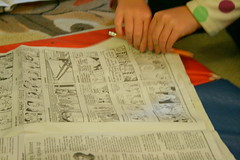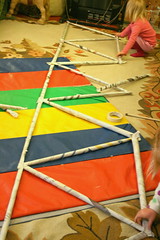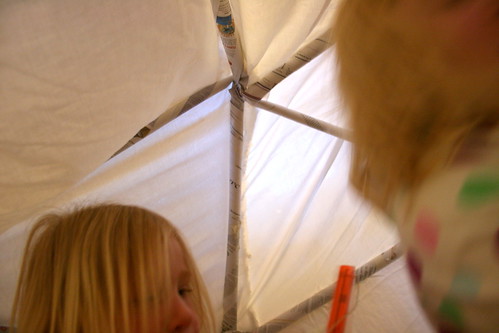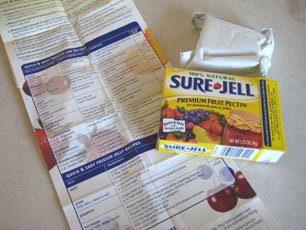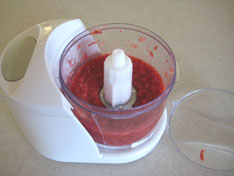Parents can make the first days of school fun rather than frustrating
Too frequently, children begin the school year unprepared to succeed, quickly experience frustration and failure, and get turned–off to learning. However, kids can love instead of loath the first days of school; they just need a little help from mom and dad. Here’s how:
Tip #1: Give your children the gift of chores
Children who regularly do chores at home find it much easier to do assignments at school. Why? Both schoolwork and chores require perseverance, delayed gratification, and attention to detail. When parents expect chores to be done without reminders and without pay, children also learn how to work independently and to enjoy the intrinsic rewards of accomplishment.
Tip #2: In a loving way, hold your children accountable for their chores
Parents who nag and remind their children to do chores raise kids who expect their teachers to nag and remind them to do assignments. These children don’t do well in school. Smarter parents ask their children to do their chores, bite their tongues, and let empathy and consequences do the teaching. Why empathy? When parents deliver sincere doses of empathy or sadness before describing consequences, their children learn responsibility rather than resentment. A parent might say:
How sad… I love you so much, but you forgot to clean your bathroom today. Now I don’t have the energy to take you swimming. This really stinks.
Tip #3: Limit television, videos, video games, and other "entertaining" activities
Children who are used to being entertained during the summer by fast-paced TV shows, movies, games, and trips to the amusement park go into shock when they enter the classroom. Before long, they begin to complain about how "boring" their teachers are and how much they dislike school. Love and Logic parents help their children transition back to school by making their homes so "boring" that their kids can’t wait to be back in class!
Tip #4: Have fun with reading and writing
During the first week of school, teachers can always tell the difference between the children who’ve been read to during the summer and those who have not. Spend at least 20 minutes per day reading with your kids. Experiment with reading one page, asking your child to read the next, and alternating back and forth. Writing is important too! Experiment with having your child spend the two weeks prior to the start of school making and writing cards for friends and relatives. Your child’s writing skills will grow… and so will these relationships!
With these practical tips , you can give your kids an advantage in school that will last for months, years, and a lifetime! Parents around the world have benefited from the power of these four down-to-earth tips. Now it’s your turn to give your kids the head start they deserve!
By Dr. Charles Fay











